The world is experiencing a resurgence of geopolitical instability reminiscent of the Cold War. In Eastern Europe, Poland has threatened to shoot down Russian aircraft, while mysterious drones, possibly Russian, have been spotted over Scandinavia. In the Middle East, concerns are mounting over potential unrest in the West Bank if Israel moves forward with annexation plans alongside its ongoing assault on Gaza. Meanwhile, the United States is facing renewed worries about rising inflation.
President Donald Trump’s address to the UN General Assembly failed to reassure global allies or reaffirm democratic values. Instead, he largely ignored pressing international crises and focused on personal grievances and trivial matters, demonstrating little concern for global stability.
Trump Focuses on Personal Grievances, Misleads Allies, and Boasts About Unverified Achievements
Trump devoted much of his speech to complaints about an escalator at the UN and a rejected real estate proposal for the building. He also made confusing statements about climate change and environmental issues, including a bizarre warning about the potential killing of cows by environmentalists, revealing a rudimentary understanding of science.
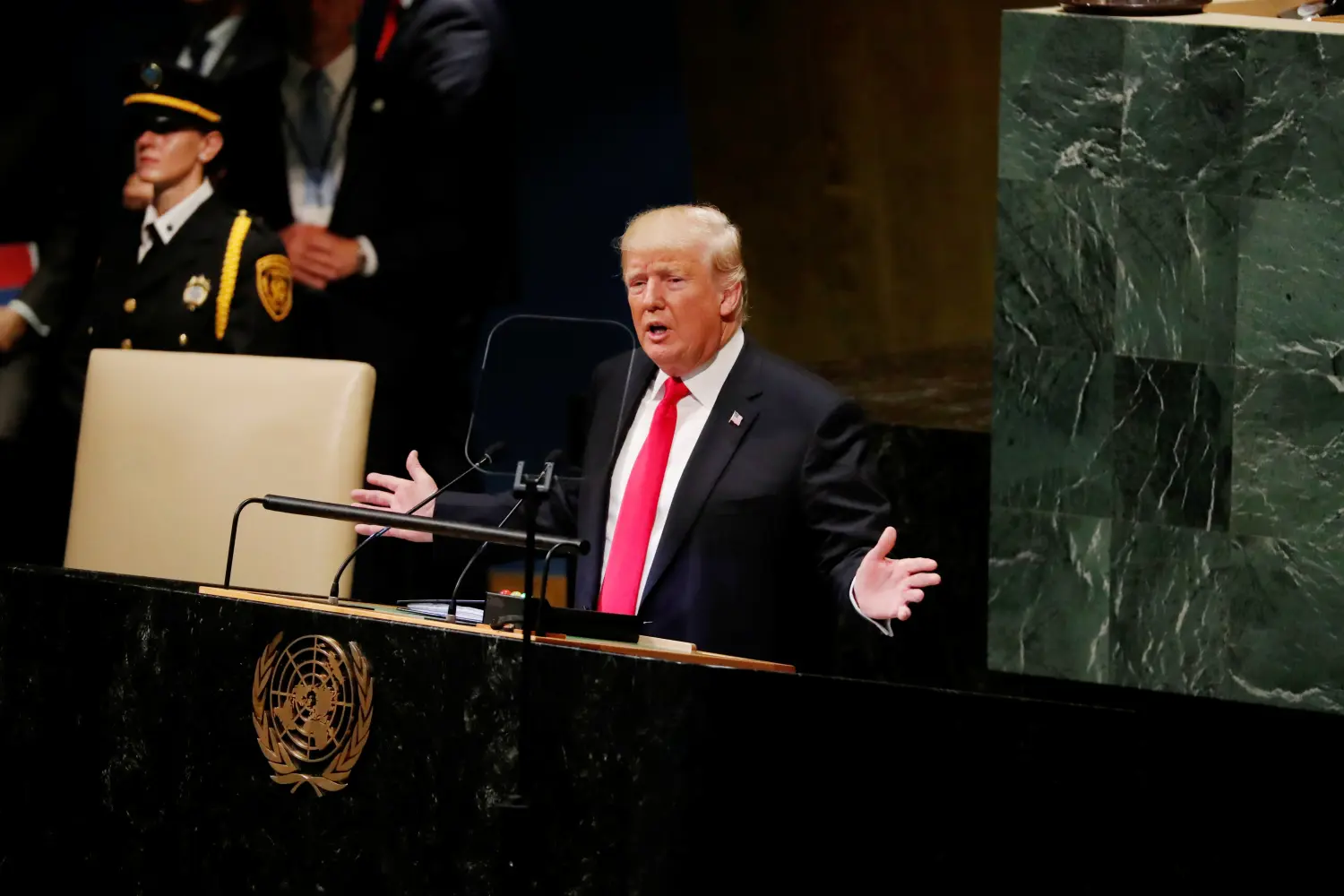
The speech also strained relations with traditional allies. Trump falsely claimed that London wants to adopt sharia law and criticized the UK’s renewable energy policies, despite receiving warm welcomes from British officials. This incident highlighted the difficulty allies face in managing his unpredictable behavior and maintaining diplomatic rapport.
Trump spent considerable time promoting his own achievements, claiming credit for resolving wars that were not actively ongoing, and suggesting he deserved a Nobel Peace Prize. He also questioned the relevance of the UN, portraying it as an institution that fails to recognize his contributions while obsessing over trivial inconveniences like a malfunctioning escalator.
Trump’s Unpredictable Policies Threaten Ukraine, NATO, and Democratic Norms Globally, Challenging Allies’ Strategies
Trump’s approach to Ukraine and NATO was inconsistent. While publicly supporting Ukraine and suggesting it could win back territory with NATO’s help, he left open the possibility of abandoning the alliance, depending on circumstances. This unpredictability complicates European allies’ efforts to gauge U.S. commitments to mutual defense.
Trump’s actions and rhetoric signal a disregard for international law and democratic norms. He threatened unilateral military strikes against Venezuela without congressional approval and sought to empower populist movements that could destabilize allied democracies. His statements suggested a preference for authoritarian strategies abroad, similar to those he employs domestically.
Trump positioned himself as a champion of far-right politics while criticizing liberal policies in Europe on energy, climate, and immigration. Allies face a daunting challenge: containing his influence and mitigating potential global damage over the next three-plus years. His self-assured claims of infallibility underscore the difficult road ahead for global diplomacy under his leadership.

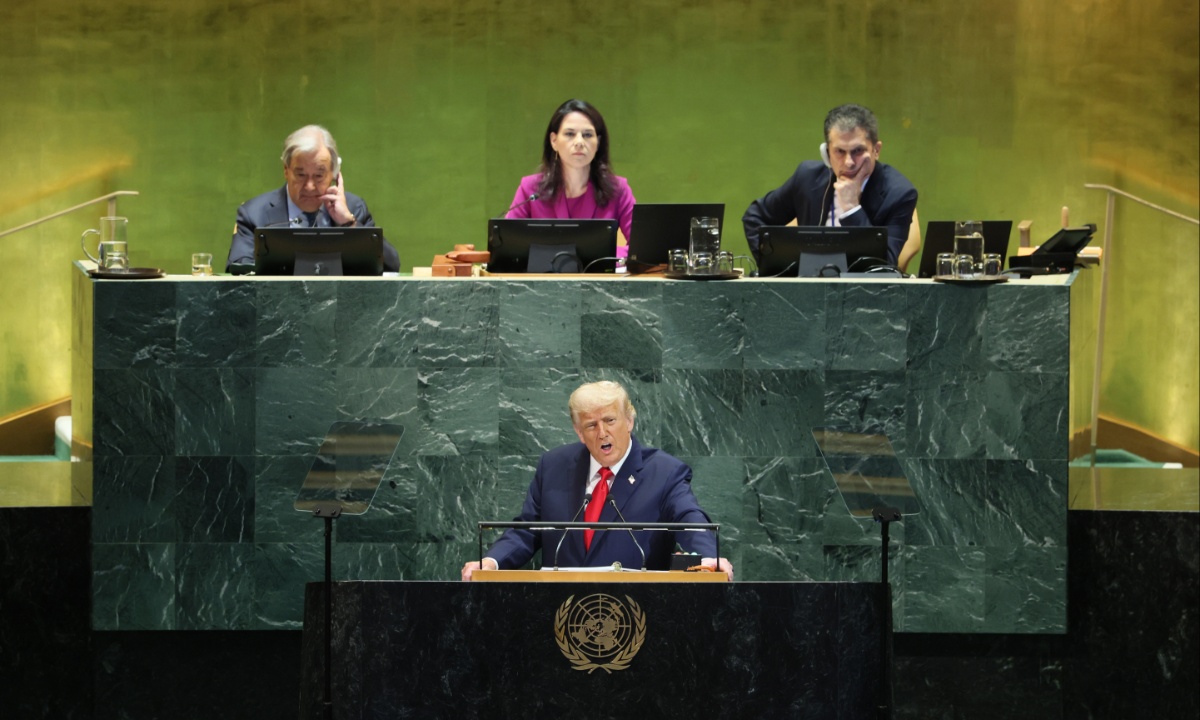







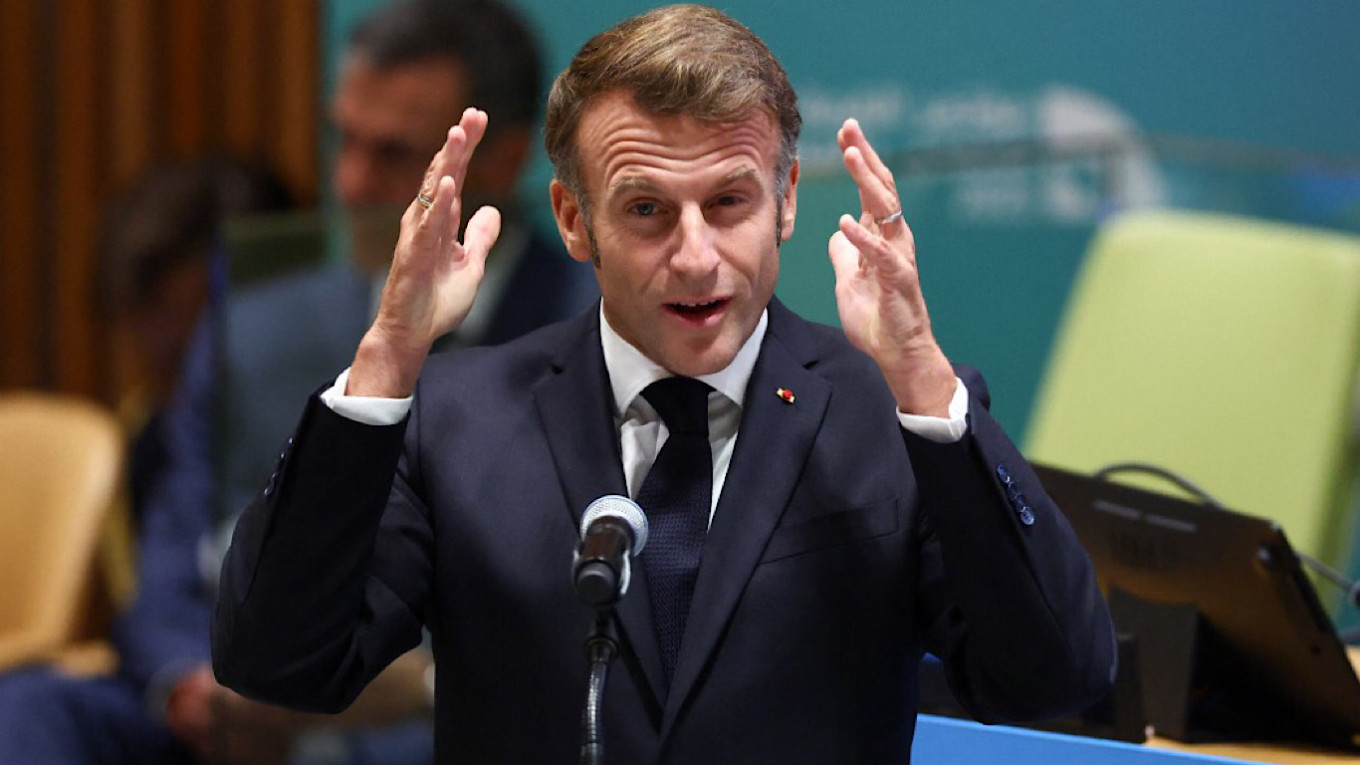
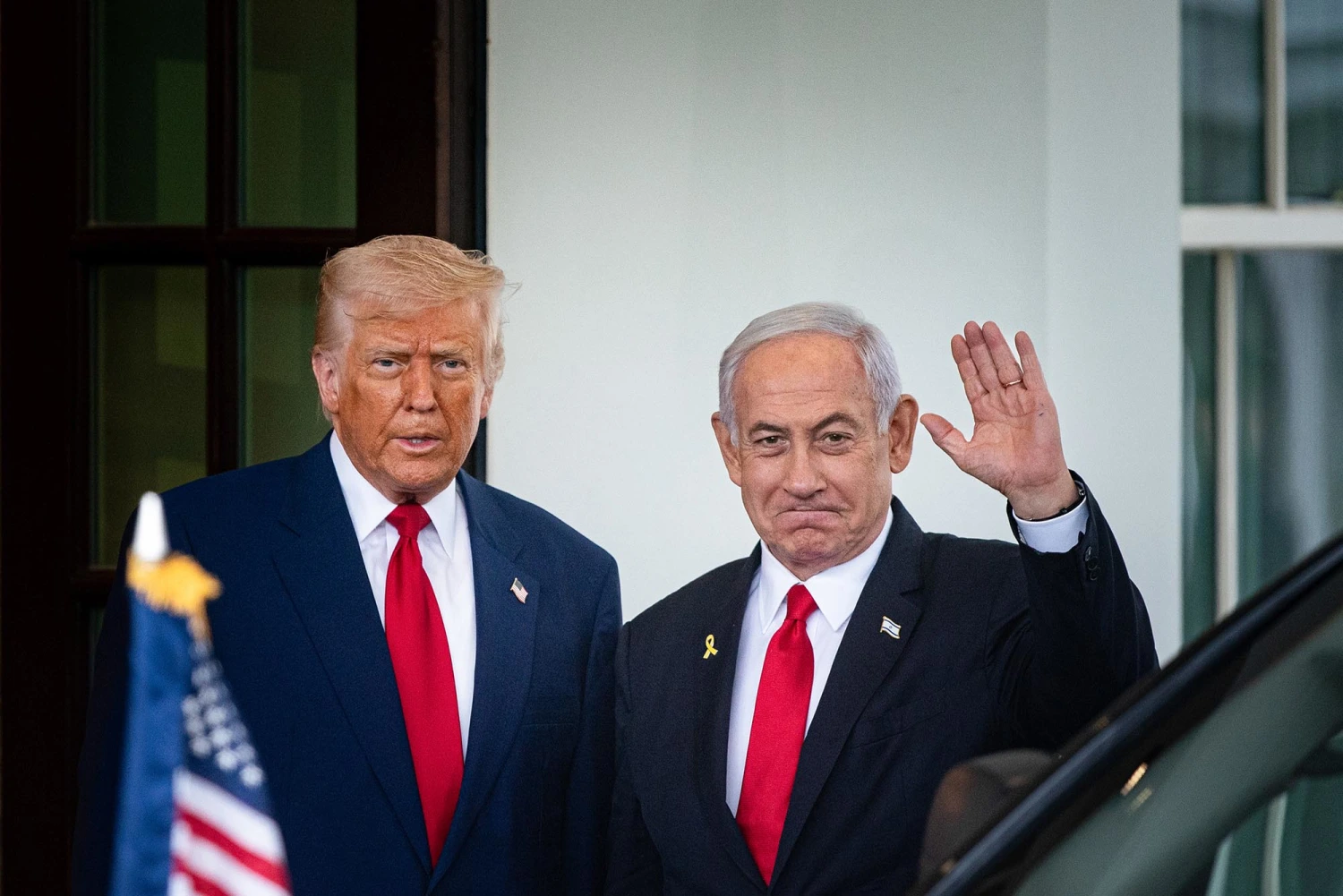
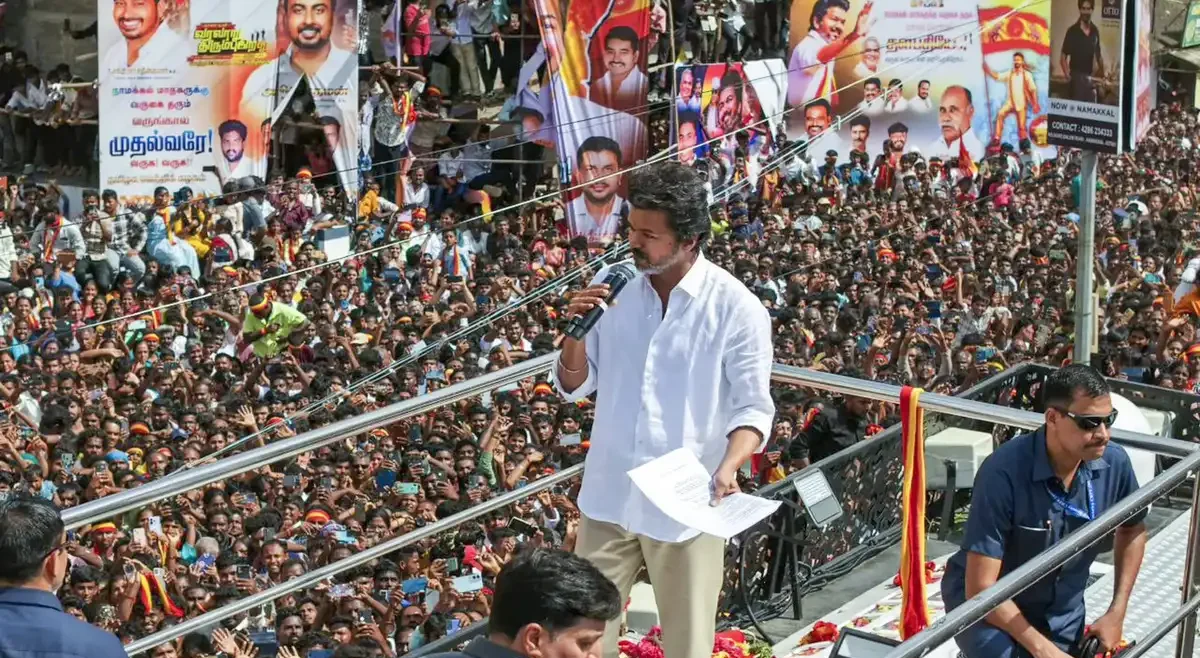
Leave a Reply